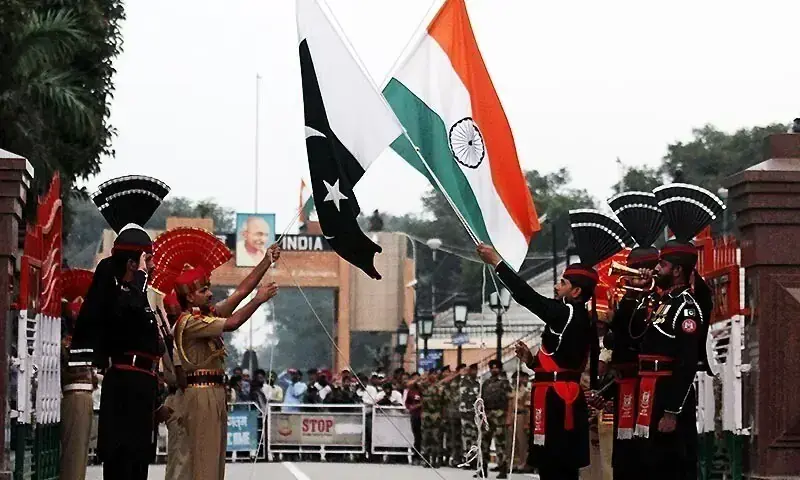As raging floodwaters sweep from Punjab toward Sindh, Pakistan must confront an uncomfortable truth: beyond heavy monsoon rains and climate change, India’s apparent weaponisation of water has intensified the crisis.
Planning Minister Ahsan Iqbal, whose border constituency Narowal is inundated, accused India of “playing politics with water” by withholding timely information. He pointed out that while New Delhi issued a general “high flood” warning through its high commission in Islamabad, it bypassed the Permanent Indus Commission, the official channel under the Indus Waters Treaty (IWT).
Evidence suggests India has been politicising the water issue — cutting flows earlier this year in the Chenab, then suddenly releasing huge volumes across the border with little notice. Analysts argue such vague alerts are performative gestures aimed at projecting humanitarian concern abroad, while denying Pakistan the precise data it needs to prepare.
Under the IWT, both sides previously exchanged detailed river flow information, enabling Pakistani authorities to anticipate deluges more effectively. Today, vague notices have replaced structured coordination, compounding natural disaster with human negligence.
Neutral arbiters, including the Permanent Court of Arbitration at The Hague, have affirmed that India cannot unilaterally suspend the treaty. Yet India’s reluctance to share information undermines trust and magnifies suffering downstream.
Pakistan, for its part, must persist with bilateral and international diplomacy to restore the IWT framework. At the same time, Islamabad needs to strengthen its own flood forecasting systems and preparedness, recognising the urgency of resilience if India persists in obstruction.
Cooperation over transboundary rivers is not optional but essential. Politicising water, a lifeline for millions, risks escalating humanitarian tragedies into lasting regional instability.

